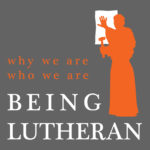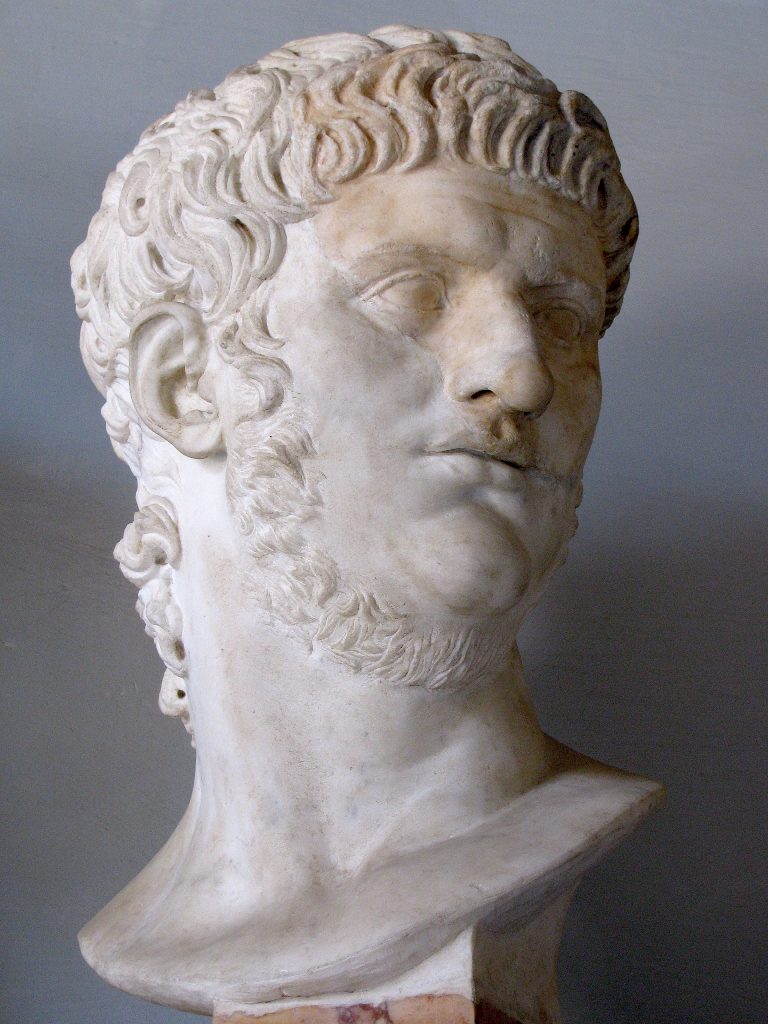
/
RSS Feed

In this episode, Brett, Brian, and Jason conclude their examination of vocation in society by doing a Bible study on Romans 13. Part of loving our neighbor in society is simply loving the neighbors God has put in our lives, and this includes our elected officials and fellow citizens.

While listening to this podcast, I was wondering if you would think that the church has wrongly celebrated the acts of Dietrich Bonhoeffer as far as striking out against Hitler in an attempt on his life? Is there a balance of living under a corrupt government (Nero anyone?) while also acting out against corrupt leaders? I was also thinking of how David, although anointed as king, refused to lift a hand against Saul, trusting that the Lord would work that out. Would that be consistent with what you were discussing in this episode?
Bonhoeffer makes for an interesting case study, and it’s partly because of the biblical precedent. Saul and David make for an excellent example, although we would note that God himself had (through Samuel) personally anointed both Saul and then David. This would seem to be different than his overall sovereignty and provision for creation in a general sense.
At the same time, Ehud assassinated Eglon king of the Moabites, who was oppressing God’s people in the book of Judges.
There are two interesting principles Luther talked about during the course of his life. First, he talked about the concept of the “super-man”. At various times, God calls unique individuals to do seemingly impossible things in human history (this, obviously, does not count Jesus Christ – a wholly unique case). The Judges make for a good example here, because not every Israelite was called to behave in this way, just the specific Judges.
The other Luther concept to consider here is an oft-abused quote where he tells Melanchthon to “sin boldly”. This quote has been taken out of context so many times to support all sorts of nonsense that it’s almost beyond recognition. The real impetus behind the quote is the follow-up instruction. It goes something like, “Sin boldly…but repent boldly.” What Luther is getting at is when there isn’t a clear path to follow, do what you think is best, and then repent of any sin you may have brought with you (actions, thoughts, words, motivations, etc.). I think Bonhoeffer’s actions fall into this second category.
There is certainly a case to be made on both sides of the issue. In the end, Bonhoeffer believed in trying to assassinate Hitler that he was trying to love his neighbors who were being murdered. I think that’s certainly commendable, even if the waters are a bit more muddied.